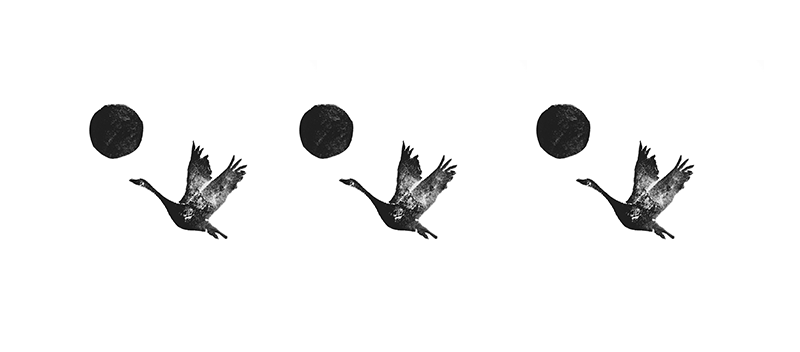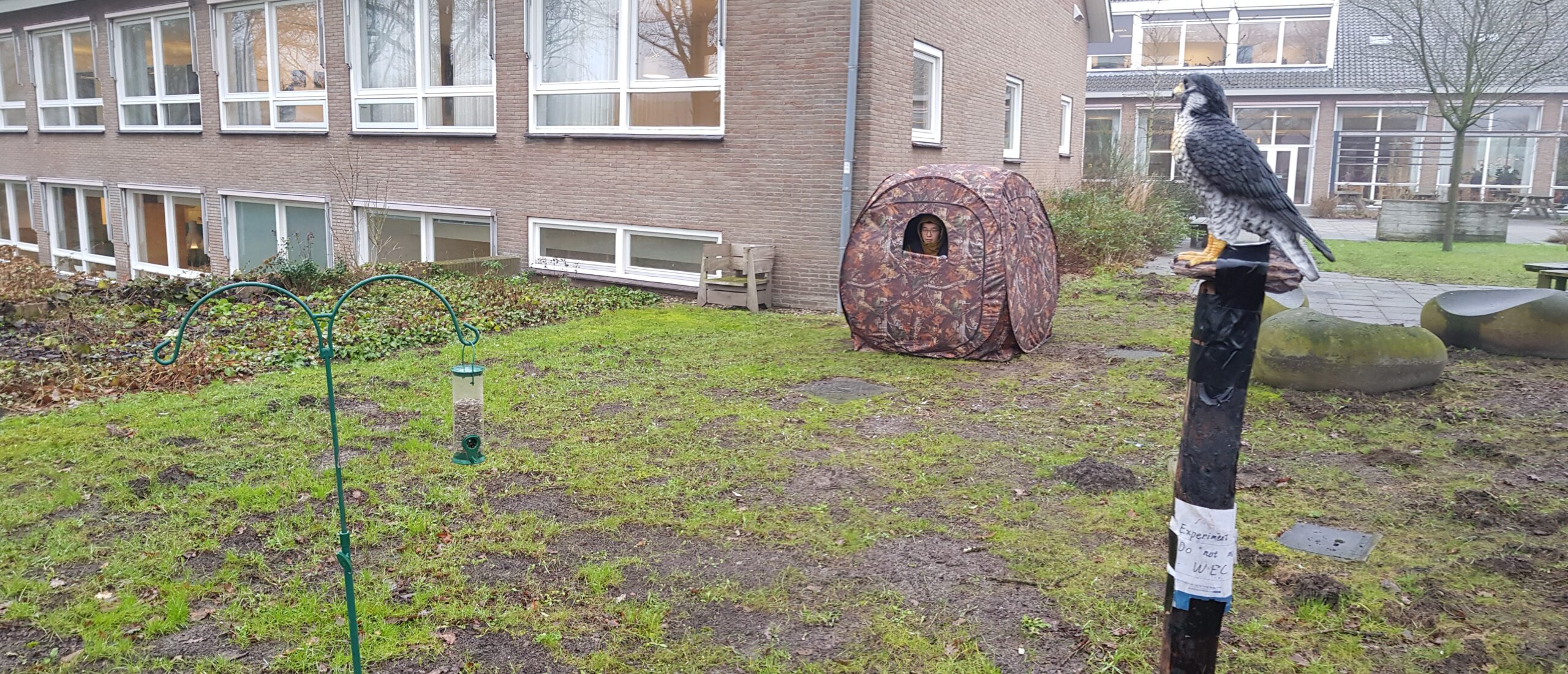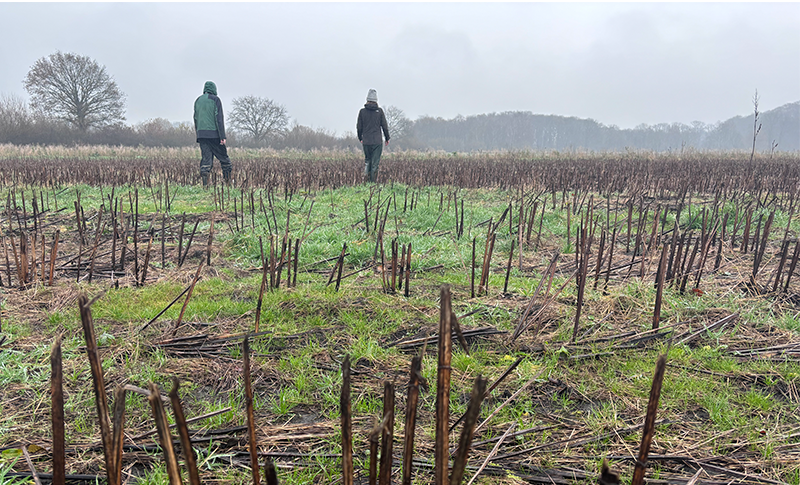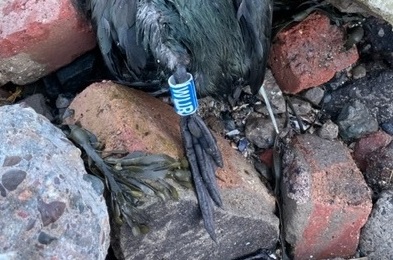Over the next few days, large numbers of Dutch people will be counting birds in their gardens or on their balconies for the national bird count. But birds such as the swift, the cuckoo and the garden warbler will not be among them. Like many other bird species, these birds migrate to warmer climes in the winter. Other birds, such as the great tit and the winter wren, do stay in the Netherlands. What’s the decisive factor in this?
A lot of birds live on insects and worms. ‘These are hard to find in the winter, so they migrate south in search of food,’ says associate professor of Behavioural Ecology Lysanne Snijders. But there are bird species that are less dependent on insects, or not at all. Some species are good at tracking down hidden insects and spiders in tree bark or sheltered spots. Others, such as great tits, switch to a diet of seeds in winter. And then of course, there are birds such as pigeons that do not eat insects at all. They do not need to migrate south for food, so they stay in the Netherlands.
Funnily enough, certain species of birds from further north spend the winter in the Netherlands. ‘Geese and bramblings, for example,’ says Snijders. ‘Those birds eat grass or seeds, which are covered in snow in the winter in Scandinavia.’ They then migrate to our country where there is less snow so there is more food available.
Because our winters are getting milder, some birds do not always migrate south anymore
Lysanne Snijders, associate professor Behavioural ecology
If the south has so much food to offer, you might well wonder why birds fly back in the summer to breed. ‘The days are longer during the summer in the north, giving the birds more time to find food for their young,’ Snijders explains. ‘There are also fewer predators here coming after their eggs or chicks.’ The fact that there are fewer pathogens in the north might be another factor. ‘The scientific jury is still out on that.’ It is clear, though, that birds are slowly adapting their migratory behaviour to changes in climate and land use. ‘We can see a trend that more birds from Scandinavia are coming to breed in the Netherlands,’ says Snijders. Migratory behaviour can change especially rapidly in species where migration is learned and not innate, such as the barnacle goose. ‘Because our winters are getting milder, some birds don’t always migrate south anymore’. One of the risks then is that if we do get a severe winter, the birds will not survive.

 Illustration: Marly Hendricks
Illustration: Marly Hendricks 

